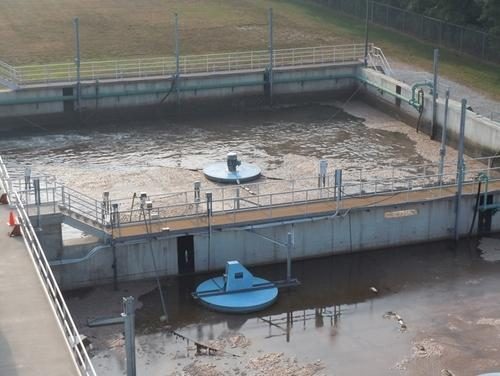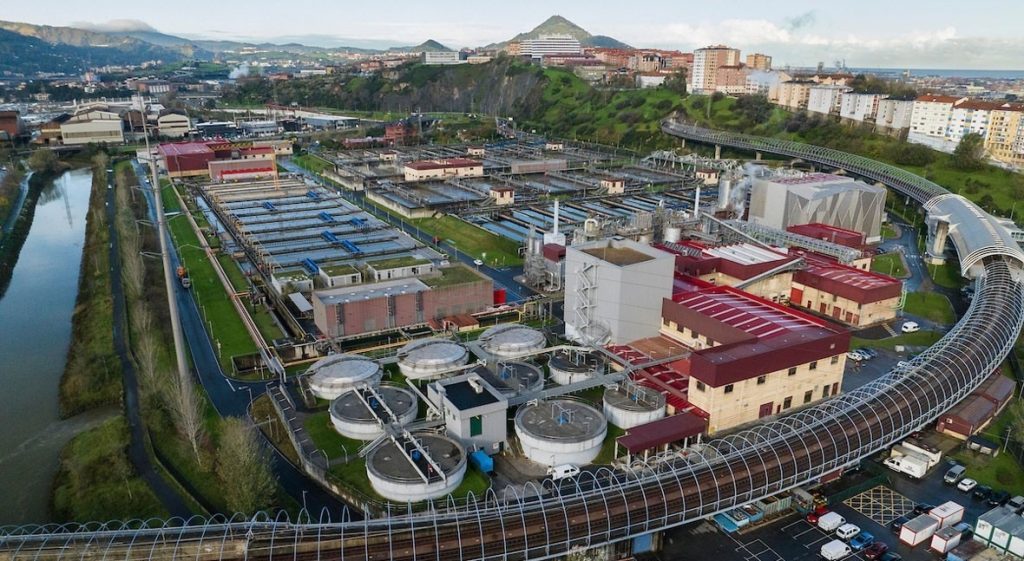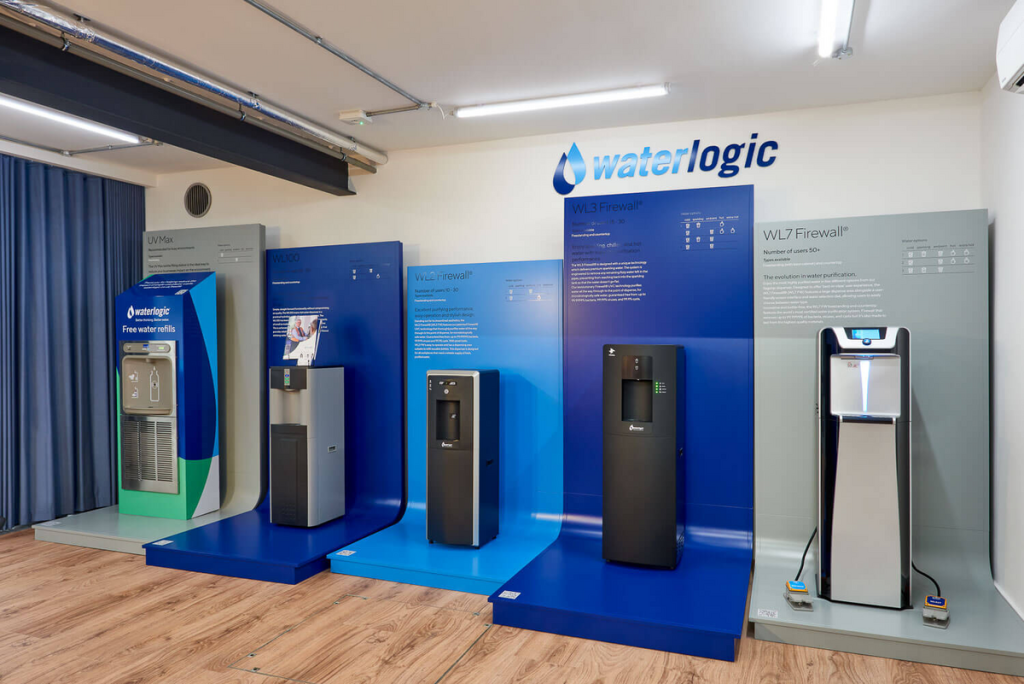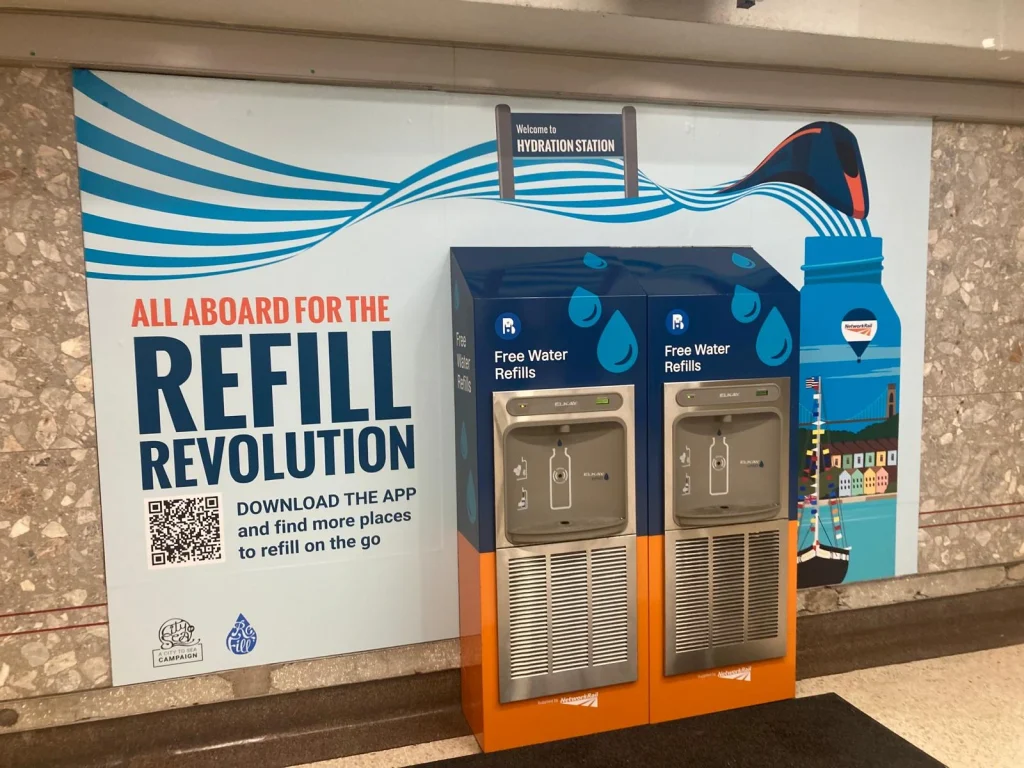A DAF process, pH-adjusted from 3.5 to 6.5 and dosed with coagulant and flocculant, is installed upstream of the MBR. The COD and TSS of the DAF influent is 4,500 mg/L and 700 mg/L on average respectively, with a conductivity of more than 4,000 μS/cm. The contractor and operator of the plant is Aqualia.
The project entailed the retrofit and upgrading of an existing SBR process plant to allow an increased treatment capacity and the opportunity to reuse the treated water. The filtration skid was thus coupled to the existing biological reactor to provide an effluent free from suspended solids and bacteria and thus able to be post-treated by RO to generate a product water for reuse in industrial cleaning operations. The surplus effluent is discharged to a nearby surface water. A decanting centrifuge is used for sludge dewatering, prior to it being tankered off site.

The plant operates at an MLSS concentration of 8,000 mg/L. the sludge is pumped at a feed pressure of 4.5 bar, and the system then operates with a nominal and maximum TMP of 1.8 and 2.5 bar respectively. The activated sludge is recirculated with a CFV of 3 m/s through a skid fitted with 6 vertically-aligned ceramic modules. The skid provides 54.6 m² membrane area and incurs a footprint of 3,900 x 2,300 mm (9 m²). the net flux is thus 83 LMH, sustained by chemical cleaning 3-5 times/year with NaOH and HNO₃ for alkaline and acid cleaning, respectively. The MBR permeate OCD is below mg/L, representing a removal of more than 96%, with a low SDI.

What they needed:

“We wanted to ensure we had a free water refill provision available to all our passengers at Bristol Temple Meads so we can be more sustainable in our refreshment offerings at the station and to remove the need for passengers to buy bottled water to stay hydrated. We’re delighted to have partnered with City to Sea to promote the benefits of reducing plastic pollution and to celebrate the refill revolution.”
Membracon
Station Delivery Manager, Network Rail

Our experts are here to help!

A complete wastewater treatment plant for a multinational pharmaceutical plant in Taizhou, Zhejiang Province, China was completed in December 2012.

An extensive pilot trial based on full-scale MBR membrane modules has been conducted by the Department of Environmental Engineering and Science,

The client, a large pulp and paper mill in South Africa, produces fine paper from bagasse